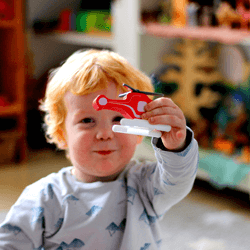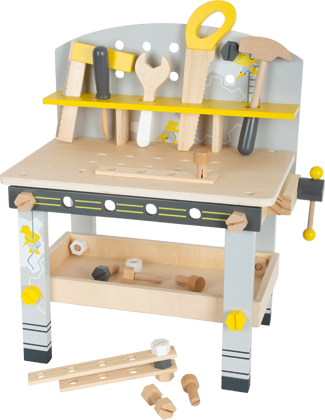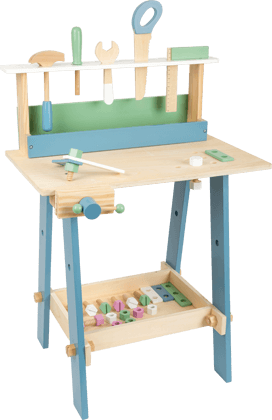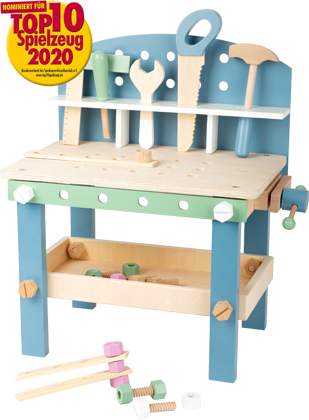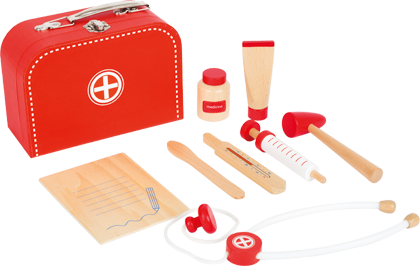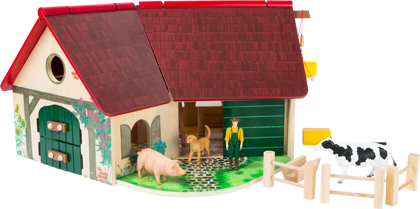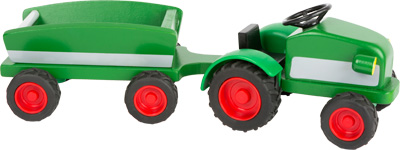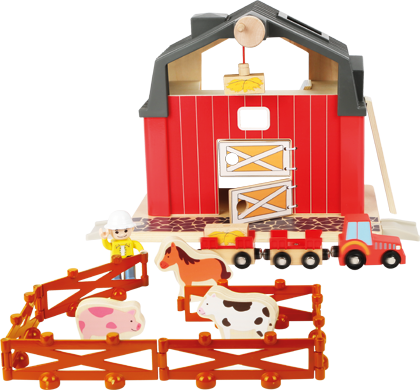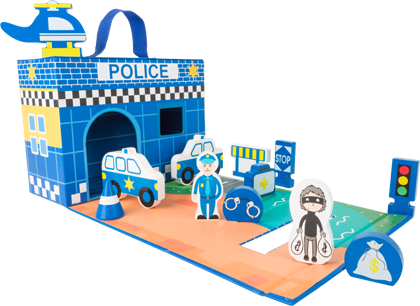Babies' and infants' interest in social relationships
Children's interest in their fellow human beings is large, even as babies. Ultimately, this is in human nature. They like human voices and can symbolise their interest as well as their disinterest to others with facial expressions and gestures. Once newborns can see their environment better, they start to smile at other people around the age of 6 months. It's completely natural that some babies are a bit more restrained around strangers than others. Parents don't have to worry about kids being shy with strangers. It's also normal when children younger than 3 years old prefer to play by themselves and then develop an interest in playing together with others later on.
How children learn the rules of social togetherness
Children first have to learn to control their social interactions between two or more people. They have to first find their role in the group and practise their interaction with other children. That means learning to accept compromises or dial down their own wishes in the interest of the group. At the same time, children are confronted with the challenge of perceiving and categorising emotions such as anger, sadness, and defiance. The foundation of this is emotional learning via everyday experiences. In addition to words, one's facial expressions, gestures, tone of voice, and body posture also play a role. Daily emotional learning takes place where people meet each other. For example, why is my friend in kindergarten angry when I take away his toy? There's the risk of escalation through pushing and hitting. Ultimately, there's the confirmation that children cannot foresee the consequences of their actions. They're lacking the ability to imagine how other people feel, and they still have to learn to accept boundaries and limitations. Children start to learn skills such as understanding, empathy, consolation, and reliability step by step. These are part of emotional skills and they constitute the foundation for social development in order to be able to build relationships.
Promote social and emotional development with role-playing toys
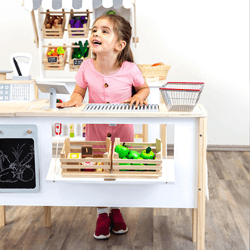
Role toys promote social and emotional development
Play worlds promote social development
